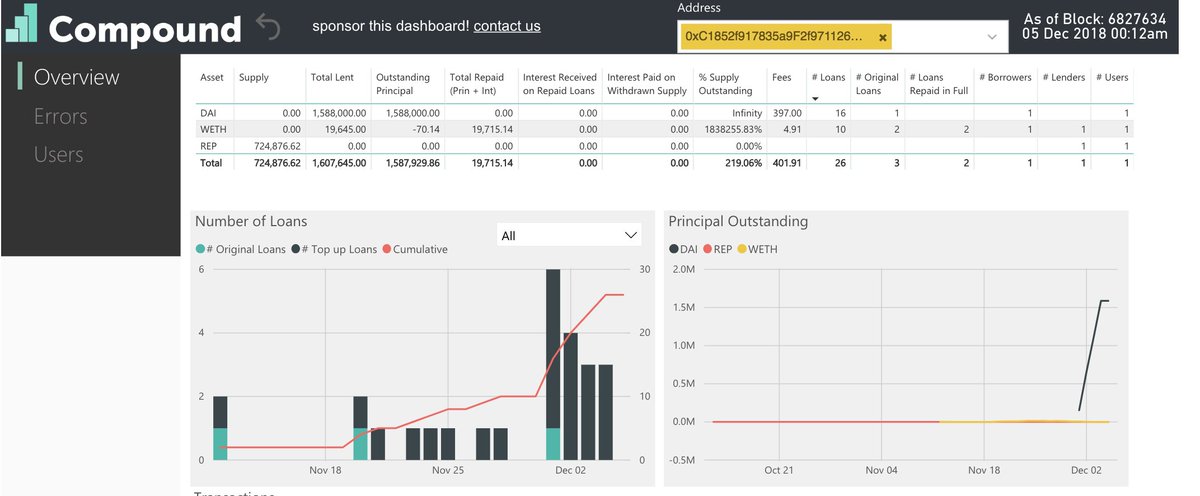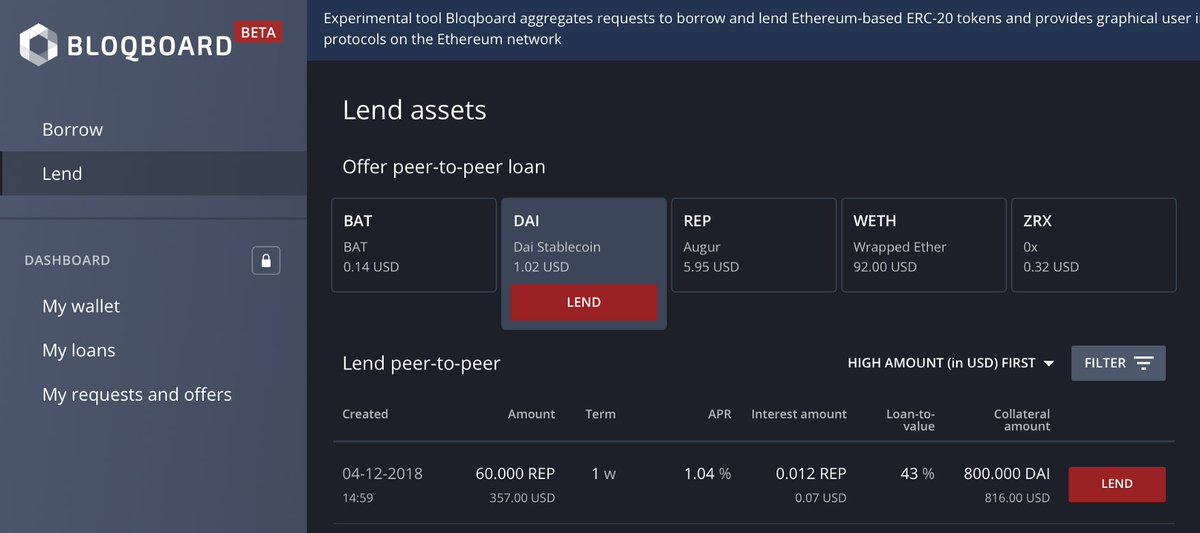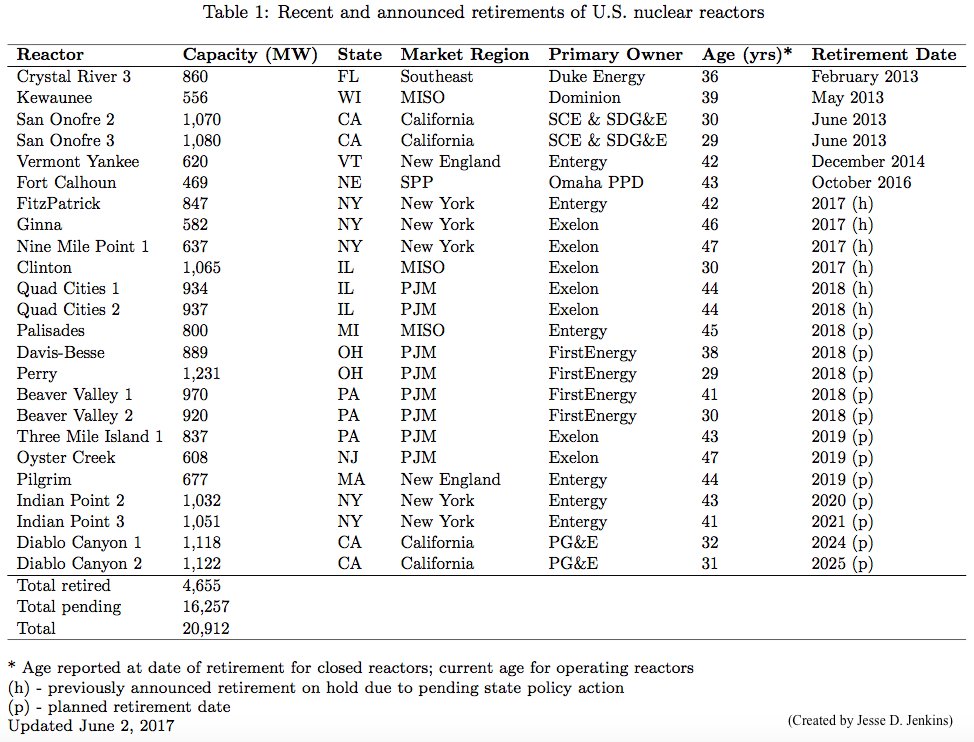Let's dive right in...
We are pricing things like block rewards and staking entry in crypto but those participating are worried about net fiat returns.
Sure there is more to secure but is it proportional?
Do we know the future price of ETH? No, but we should be considering all possibilities.
Some day, ETH ideally becomes stable and this becomes easier, but for now we shouldn't kid ourselves into ignoring reality.







